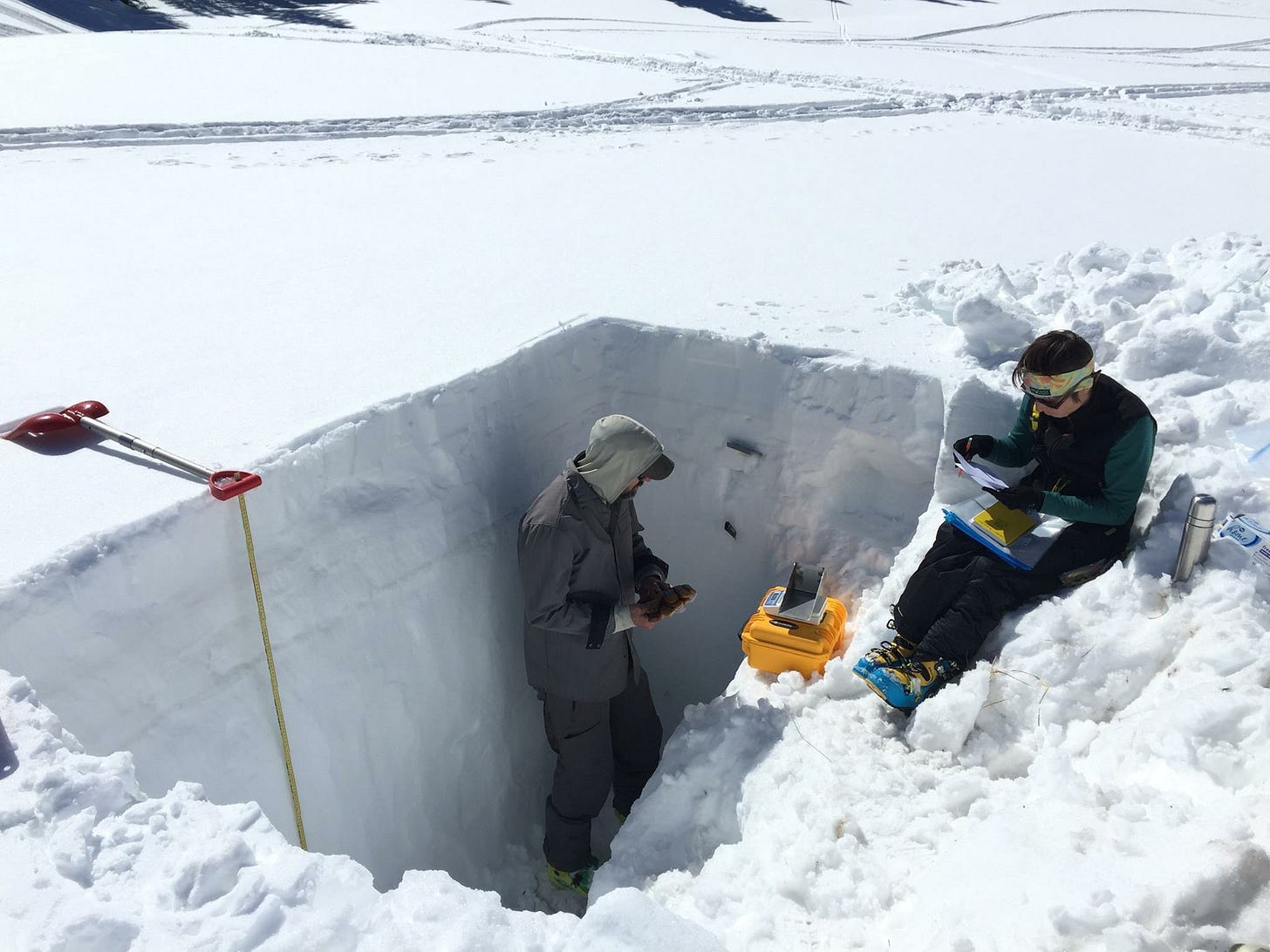Take a Step for Science
We take science for granted at our own peril
“There is, however, no reason why the lessons to be found in this experiment [in WW2] cannot be profitably employed ….for the improvement of the national health, the creation of new enterprises bringing new jobs, and the betterment of the national standard of living…. and a fuller and more fruitful life.”
Franklin D. Roosevelt, Nov. 17, 1944 in a letter to Vannevar Bush, who oversaw Science: The Endless Frontier, the report that transformed US science.
We take science and technology for granted at our own peril. To understand what we might lose if we defund science as has been proposed in the “skinny” 2026 federal budget, we need to understand the journey that has brought us to the modern world.
From the fall of Constantinople in 1453 that triggered the age of exploration, to Darwin’s voyage of the Beagle in 1831 that led to the discovery of evolution, to the first steps on the Moon in 1969, discovery, science, and innovation have transformed human existence. Since the Middle Ages, life expectancy has more than doubled to 70+ years. As late as 1900, 1 in 10 babies died within a year of birth, compared to 1 in 10,000 now. The World Bank estimates that >1 billion people have been lifted from extreme poverty since 1990. From smartphones to air conditioning to electric bikes, you and I have access to goods and services of which a 19th century monarch would be envious.
Complex forces have powered this journey, including economic innovations such as double entry accounting and limited liability corporations. But science has been central. Vaccinations and antibiotics have extended life, protecting us from disease and providing effective treatments when we get sick. The green revolution, including nitrogen fixation and genetics, has increased food productivity enough to support billions of lives that otherwise would not have been possible

This journey has been fueled not just by scientific discovery, but by the creation of a scientifically literate society, including engineers, politicians, businessmen, and regulators capable of applying knowledge. For example, policy makers used a growing understanding of disease transmission to pass the United Kingdom’s Metropolitan Sewage Act in 1866, determining that the regulatory burdens of ensuring clean water were justified.
With Vannevar Bush’s report in 1944, Science: the Endless Frontier, the US went all in on science. We created the federal scientific agencies as we know them today, including the National Science Foundation to fuel fundamental discoveries, the National Institutes of Health to improve human health, and NASA to take us into space. By providing overhead to cover the costs of hosting scientists, we have used competition to unleash the power of universities to support science. Recognizing that our capacity to generate and apply science is limited by human capacity we began investing in scientific training at all levels.
These investments worked. One estimate is that ~85% of economic growth since WW2 has been driven by science. Would you give up these fruits, putting away your smartphone, giving up medical treatments, relying upon horse for transportation and whale oil for lighting? Would you hand over health, political, and regulatory decisions to those with little or no training in the use of scientific information?
Despite this progress, the current administration is suggesting we reject the knowledge economy. The “skinny” budget released on May 2 would reduce spending on research by ~$30 billion with proposed cuts of 57%, 53%, and 40% to NSF, NIH, and NASA, respectively. The depth of these cuts, combined with the capricious nature of staffing reductions and little thought to reorganization, suggest a rejection, and not a creative re-thinking, of science.
These cuts will increase the US debt. One report found that a 50% cut to science will reduce the gross domestic product an amount equivalent to the great recession, shrinking government revenue 9%, with a $4 billion reduction in spending on NSF dropping tax revenue $40 billion. To put it in individual terms, reducing science spending $250 per person will make the average American $10,000 poorer. An analysis by the Federal Reserve Bank of Dallas emphasized that reducing the federal investment would not be replaced by the private sector and that the return on investment from science is even greater than from physical infrastructure, such as bridges and roads.
The journey from the fall of Constantinople 500+ years ago to the modern world has not been straight. Eighty+ years from Vannevar Bush’s report, some changes in direction may be merited. Personally, I’d emphasize science that matters to everyday people, including disease, human health, food production, and water. In other words, I’d put more into understanding the earth and less into setting foot on Mars. We need to improve how we fund and manage scientific infrastructure. There are opportunities to use technology to drive down the costs and improve our understanding of environmental processes at regional and continental scales. We could do a much better job of ensuring science is a tool enabling diverse political perspectives and is not a cudgel of the left. But we need to improve, not break, science.
Maintaining our investment in science is not just a matter of stopping innovation but keeping our gains. If we no longer value science and lack a scientifically literate workforce, our children and grandchildren might well experience more disease, shortened life expectancies, and increases to food costs that make high egg prices look trivial.
Let’s keep the human journey moving forward. Take a step for science today by voicing your support! We have benefited enormously from the scientific investments our grandparents and parents made. We have an ethical obligation to make similar investments for our children and grandchildren
.



Good arguments to counter. Now to find a nonviolent way to wake up folks. That's the dilemma. b